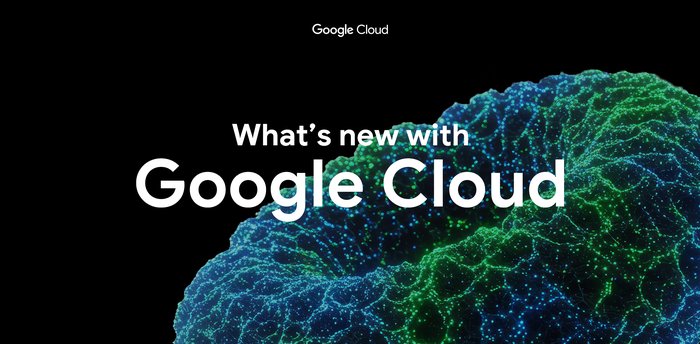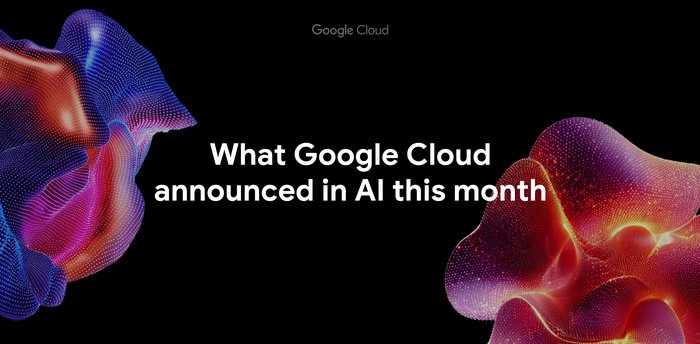New version of Cloud Datalab: Jupyter meets TensorFlow, cloud meets local deployment
Dinesh Kulkarni
Cloud Datalab Product Manager
Last year we introduced Google Cloud Datalab beta, an easy-to-use interactive tool for large-scale data exploration, analysis and visualization using Google Cloud Platform services such as Google BigQuery, Google App Engine Flex and Google Cloud Storage. Based on Jupyter (formerly IPython), Cloud Datalab allows you to use a large number of existing packages for statistics and machine learning, learn from published notebooks and swap tips with a vibrant Jupyter community. Cloud Datalab has enjoyed strong interest from many customers. In response to their feedback, we've made a few important changes.
Today, we’re delighted to release an update to our beta version that expands Cloud Datalab to users not already running on Google Cloud Platform. This is made possible by:
- Local machine support: You can now run Cloud Datalab on a local machine in addition to Cloud Platform
- TensorFlow support: Cloud Datalab now supports open-source TensorFlow, a machine learning framework developed by Google to allow you to start experimenting on your local machine and leverage Cloud Platform services at the same time




The process of exploring data is critical for machine learning. Here's an example of how you can understand the correlation between the major worldwide stock market indices — as a step towards building a TensorFlow machine learning model. Sample code for a machine learning model is included in the Datalab container.


The new local run option also allows individual user accounts to access cloud resources such as BigQuery and Cloud Storage. And by using service accounts for cloud-based execution, we maintain the same high level of security for team environments.
This updated beta release also gives you greater sharing and source control. You can set your own remote git repo or use a different sharing mechanism such as Google Drive sync to share notebooks.
Ready to try out Cloud Datalab? Tell us what you think, and we’ll do our best to address your feedback and make data science and analysis even simpler for you.



